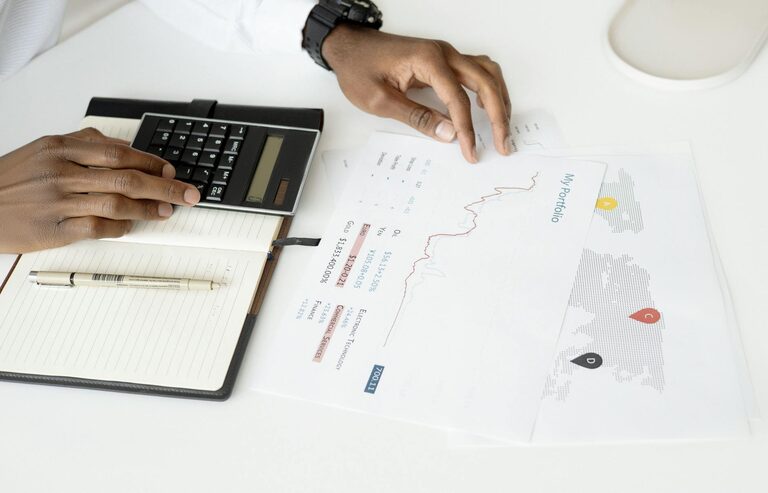Simple Budget Habits for Everyday Life That Anyone Can Follow

Managing your finances doesn’t have to be complicated or stressful. Simple budget habits, when practiced consistently, can help you stay on top of your expenses, save more, and improve your financial confidence. Whether you’re new to budgeting or looking to sharpen your money skills, adopting these easy habits can make a big difference in everyday life.
Why Simple Budget Habits Matter
A budget is more than just numbers on paper—it’s a tool that helps you make intentional decisions with your money. By creating simple routines, you can avoid overspending, reduce financial stress, and build a foundation for future goals such as buying a home, traveling, or saving for retirement. The best part? These habits don’t require complex apps or hours of planning.
1. Track Your Expenses Daily
One of the most important habits is knowing where your money goes. Tracking expenses daily may sound tedious, but it only takes a few minutes and provides valuable insight.
– Use a small notebook or a budgeting app to record every purchase.
– Review your spending at the end of each day.
– Categorize expenses into basics like groceries, transportation, entertainment, and bills.
This habit helps prevent surprise overspending and highlights areas where you can cut back.
2. Set a Weekly Spending Limit
Instead of waiting until the end of the month, try setting a weekly budget. This breaks your overall budget down into manageable chunks.
– Calculate your monthly income minus essential bills to find your discretionary spending amount.
– Divide this amount by four and stick to that limit each week.
– If you budget $50 for dining out weekly, for example, don’t go over that.
Weekly limits keep your spending in check and allow for quicker adjustments if you notice you’re off track.
3. Plan Your Meals and Grocery Shopping
Food expenses often take up a large portion of a budget. Planning your meals in advance cuts down on impulsive buys and food waste.
– Create a weekly meal plan with breakfast, lunch, and dinner ideas.
– Make a grocery list based on your plan and stick to it.
– Shop sales or use coupons when possible.
Cooking at home regularly not only saves money but can also be healthier and more satisfying.
4. Use Cash for Small Purchases
Using cash can help you stay mindful of spending, especially on non-essential items like snacks, coffee, or small treats.
– Withdraw a set amount of cash for discretionary spending each week.
– Once the cash is gone, avoid extra purchases until the next week.
– This physical limit provides a simple way to control impulse buys.
Many people find that the slower process of handing over cash makes them think twice before spending.
5. Automate Savings
Paying yourself first is a cornerstone of good budgeting. By automating savings, you ensure a portion of your income consistently goes towards your financial goals.
– Set up an automatic transfer from your checking to savings account aligned with your payday.
– Even a small amount, like $25 or $50 per paycheck, adds up over time.
– Treat your savings contribution as a regular bill that must be paid.
Automating saves you from relying on willpower and helps build an emergency fund or other goals steadily.
6. Review Your Budget Weekly
Set aside time each week to review your budget and spending.
– Compare your actual expenses to your planned budget.
– Adjust upcoming spending plans if you’ve overspent or underspent.
– Celebrate small victories when you meet your goals to stay motivated.
Regular reviews keep budgeting on your radar and help you stay accountable.
7. Avoid “Just This Once” Purchases
It’s easy to justify occasional exceptions, but these can add up quickly.
– Before any purchase not on your list, pause and ask if it’s truly necessary.
– Give yourself 24 hours for bigger non-essential purchases to reconsider.
– Keep focused on your long-term goals to resist temptation.
Developing self-discipline around spending is one of the most rewarding and effective budget habits.
Final Thoughts
Creating simple budget habits doesn’t mean overcomplicating your life—it means building easy practices that suit your style and stick with you. Start small by tracking expenses or planning meals, and gradually add other habits that help you manage your money smarter. With steady effort, budgeting becomes less of a chore and more of a helpful guide on your financial journey.
Remember, every step toward better money management is progress. Your budget habits today can lead to greater financial peace tomorrow. Happy budgeting!
